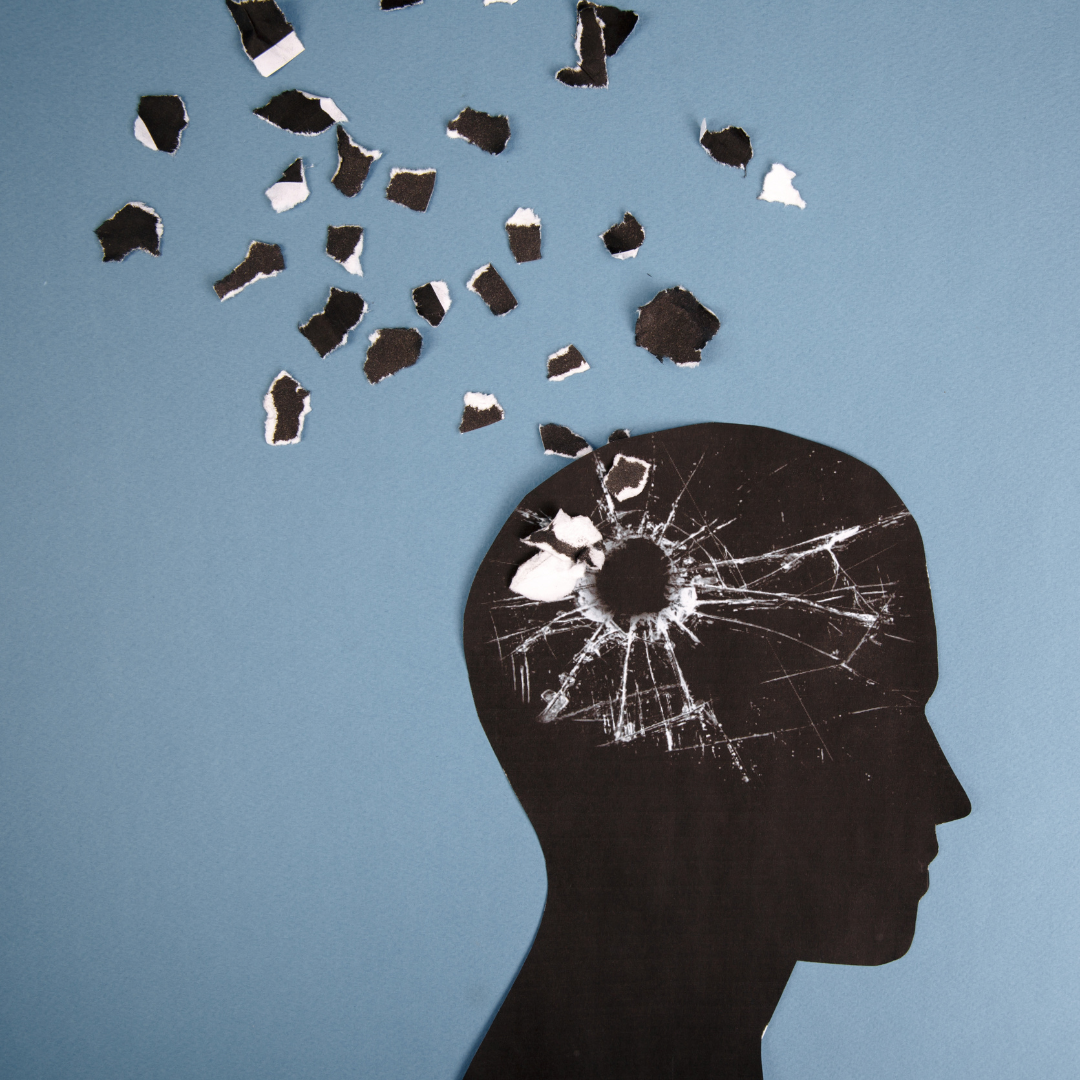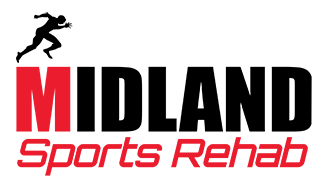Concussions are a serious yet often overlooked injury that can have long-lasting effects if not properly managed. Whether from a sports-related impact, a workplace accident, or a fall, a concussion can disrupt daily life, causing headaches, dizziness, brain fog, and balance issues. Fortunately, physical therapy for concussions plays a crucial role in recovery, helping patients restore function, alleviate symptoms, and regain their quality of life.
Understanding Concussions and Their Impact
A concussion is a mild traumatic brain injury (TBI) that affects brain function. Symptoms may appear immediately or develop over time, and they can include:
- Persistent headaches
- Dizziness and balance issues
- Sensitivity to light and sound
- Difficulty concentrating or remembering
- Neck pain and stiffness
Ignoring concussion symptoms can prolong recovery and increase the risk of further injury. That’s why early intervention with physical therapy is essential to promote healing and prevent complications.

How Physical Therapy Helps Concussion Recovery
Physical therapy is a highly effective, non-invasive treatment for concussion symptoms. A skilled physical therapist will assess your condition and create a personalized treatment plan to address your specific needs. Key benefits of physical therapy for concussion rehabilitation include:
1. Vestibular Therapy for Dizziness and Balance Issues
Concussions often affect the vestibular system, leading to dizziness, vertigo, and poor coordination. Vestibular rehabilitation therapy (VRT) includes exercises that retrain the brain to process balance and spatial awareness correctly, reducing dizziness and improving stability.
2. Neck and Posture Rehabilitation
Many concussions involve whiplash-associated disorders, causing neck pain and stiffness. Physical therapists use manual therapy, targeted stretching, and strengthening exercises to relieve tension, improve posture, and restore neck mobility.
3. Oculomotor Training for Visual Disturbances
Blurred vision, difficulty focusing, and eye strain are common post-concussion symptoms. Oculomotor therapy involves guided eye exercises to enhance visual tracking, coordination, and focus, reducing symptoms that interfere with daily activities.
4. Headache and Pain Management
Chronic headaches after a concussion can stem from muscle tension, nerve irritation, or blood flow issues. Hands-on techniques, trigger point therapy, and soft tissue mobilization help alleviate headache intensity and frequency.
5. Gradual Return to Activity and Exercise
Many patients struggle with fatigue and intolerance to physical exertion post-concussion. A structured exercise program tailored by a physical therapist helps safely rebuild endurance, restore cardiovascular fitness, and prevent symptom flare-ups.
6. Cognitive and Neurological Reconditioning
Physical therapy incorporates neurocognitive exercises to enhance brain function, reaction time, and concentration, aiding in a quicker and more complete recovery.

Why Choose Physical Therapy for Concussion Treatment?
Unlike simply resting and waiting for symptoms to subside, active rehabilitation through physical therapy promotes faster recovery by targeting the root causes of lingering concussion symptoms. The right treatment plan can significantly reduce downtime, prevent re-injury, and restore confidence in daily activities.
At Midland Sports Rehab and Freeland Sports Rehab, our expert physical therapists specialize in concussion rehabilitation and work closely with patients to ensure a safe, effective recovery process. If you’re experiencing post-concussion symptoms, don’t wait—schedule an appointment today and take the first step toward healing.
Book Your Concussion Recovery Session Today
Don’t let a concussion hold you back. Contact Midland Sports Rehab and Freeland Sports Rehab to learn more about how physical therapy for concussions can help you get back to living life fully and symptom-free.

